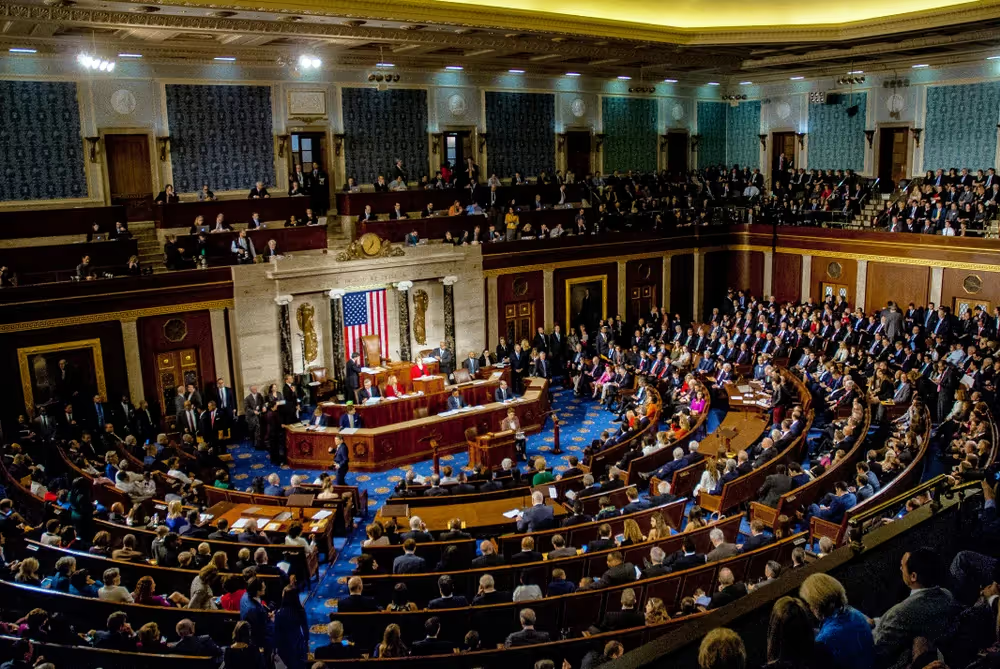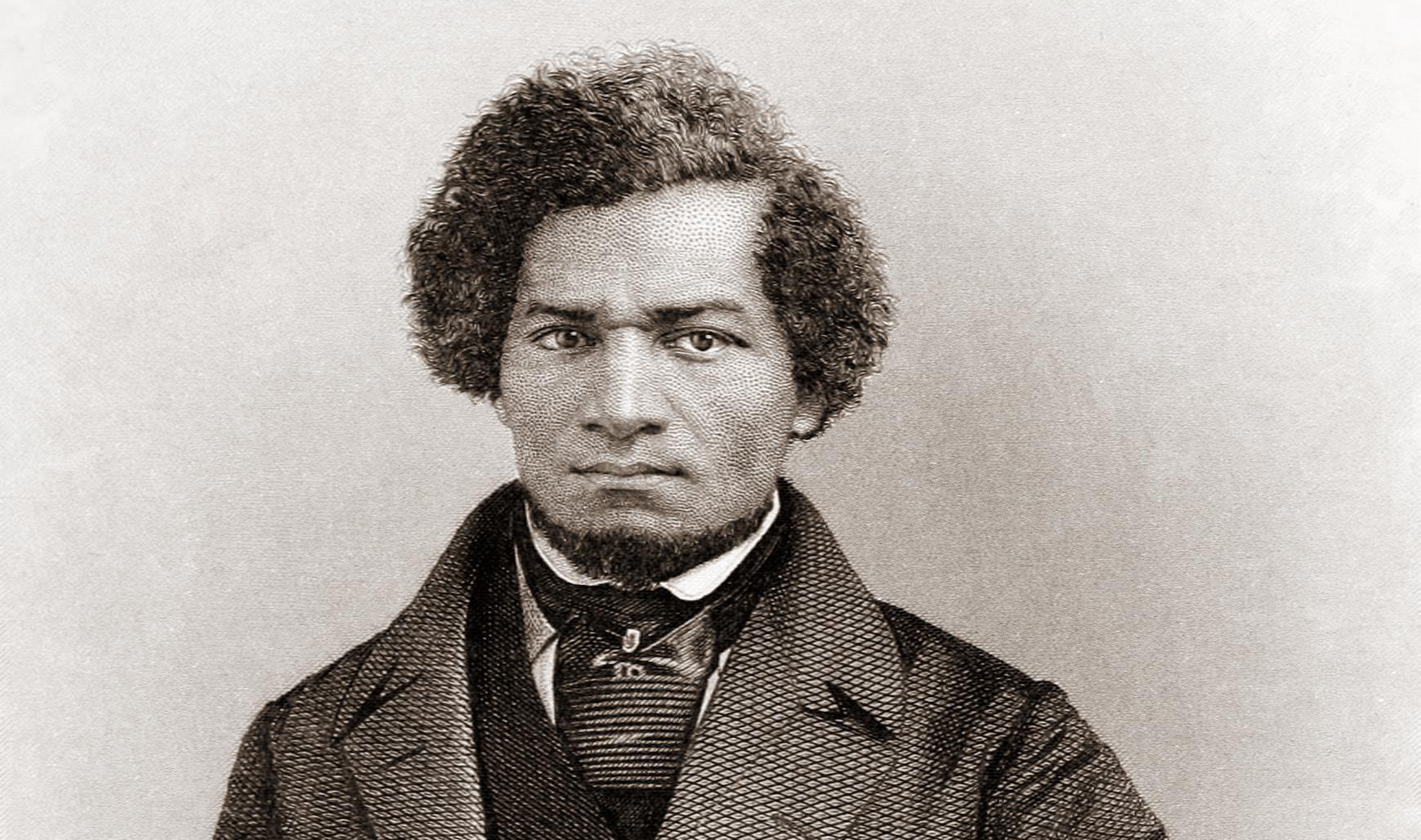
There Is No Birthright Citizenship for Children Born of Aliens within the United States
The defenders of birthright citizenship should ingratiate themselves with a comprehensive understanding of the law of citizenship and alien status in American law.
Yesterday, the United States Supreme Court heard a case that deals with the status of birthright citizenship (BRC), or the claim that the children of illegal aliens or temporary visitors borne in the United States or its territories are themselves citizens of the United States, even though their parents are not, and may be deported from this country. The claim is odd as a matter of principle because it cannot explain how the illegal actions of a parent can confer benefits on the child in the first case, or the entry into the United States by an alien for limited purposes can give far broader rights to their offspring.
A controversial Executive Order spurred the immediate dispute. On January 21, President Donald Trump issued an order instructing all government officials not to recognize the citizenship status of children born in the United States to illegal aliens or of persons on temporary visas. The current case considers a series of judicial decisions, all of which have held that the states and individuals challenging the order had a “strong likelihood of success on the merits” and were thus entitled to a temporary injunction of the order pending a final review of the merits that will take place during the next term. From the day it was issued, Trump’s order was met with an outburst of objections from academic critics.
The intensity of the opposition to Trump’s Executive Order is captured by an article from Abbie Vansickle of the New York Times, the “Once-Fringe Birthright Theory Is in the Supreme Court’s Spotlight,” that excoriates the defenders of this new position, most notably John Eastman, who has long defended this view. Her article calls for the reaffirmation of the current position on birthright citizenship, which she claims is supported by a “broad consensus” of scholars, including John Yoo, who, along with Robert Delahunty, have defended BRC on originalist grounds in a recent article in the National Review.
The defenders of BRC are, in my view, hopelessly wrong, for reasons I have documented extensively in a long article on the topic. But here I shall cut to the chase to explain why and how the defenders of BRC have either ignored or misinterpreted that case. The key Supreme Court case on which the defenders of BRC rely was the 1898 case of United States v. Wong Kim Ark, which has been repeatedly cited for the following proposition:
aliens, while residing in the dominions possessed by the crown of England, were within the allegiance, the obedience, faith or loyalty, the protection, the power, and the jurisdiction of the English sovereign; and therefore every child born in England of alien parents was a natural-born subject, unless the child of an ambassador, or of an alien enemy in a hostile occupation of the place where the child was born.
The difficulty with the argument is that the italicized words represent a complete reversal of the law as it had been settled in England since 1481, when Thomas Littleton wrote in no uncertain terms in his authoritative book on Tenures that any alien is barred from bringing suit in English Courts. The same prohibition against alien suits was in full force in 1608 in Calvin’s Case, written by Lord Coke, where it formed the backdrop of a lawsuit that asked whether a Scottish national could sue to recover land in England now that James VI of Scotland had become King of England on the death of Queen Elizabeth in 1603. The major premise in that case was that no alien could bring suit in an English court, so that no Frenchman, for example, could bring suit to recover land in England. That principle was tested in Calvin’s Case on whether Robert Calvin was an alien when he was born a Scot, suing in an English Court. If his Scottish origins were all that counted, he was out. But in a case that had obvious political implications, Lord Coke held that the two nations were unified so that he owed allegiance to the person who was ruler of England and thus could bring suit.
That case did not raise the issue of BRC directly. But just that was done by William Blackstone, the authoritative English jurist who stressed in his Commentaries on the Laws of England, Chapter 10, entitled “Of the People, whether Aliens, Denizens or Natives,” the difference between citizens and aliens:
The first and most obvious divisions is into aliens and natural-born subjects.” Natural-born subjects are such as are born within the dominions of the crown of England, that is, within the ligeance of, as it is generally called, the allegiance of the king; and aliens, such as born out of it.
He then identifies two forms of allegiances.
Natural allegiance is owed by a subject to his King. Local allegiance of aliens lasts only so long as he continues within the king’s protection, and it ceases, the instant such stranger transfers himself from this kingdom to another. Natural allegiance is therefore perpetual, and local temporary only.
This distinction carried over to the United States, where aliens were commonly forbidden from suing in the United States even when they were wrongly treated. In these cases, courts went out of their way, as in Lynch v. Clarke (1844), to overcome the explicit rule that banned suits by aliens by pretending, in this case, an Irish woman who had only the most tenuous connection to New York was a citizen of that state so she could claim land that had been left to her. The case, of course, had nothing to do with persons illegally in the United States, for the ban against suit applied to all aliens, following on the principles announced in Blackstone. Other cases before the Civil War also affirmed this principle. Thus, Justice Story, in dissent in Inglis v. Trustees of Sailor's Snug Harbour in City of New York (1830), wrote that
Two things usually concur to create citizenship; first, birth locally within the dominions of the sovereign; and secondly, birth within the protection and obedience, or in other words, within the ligeance of the sovereign.
But this general principle referred only to the subjects of the sovereign and not to aliens, who owed no allegiance to the sovereign and thus could not acquire citizenship. All of this material was incorporated into the Fourteenth Amendment, which drew the strong distinction between a person who was “subject to the jurisdiction thereof” — Blackstone’s natural subjects, and an alien subject to local, i.e. temporary” jurisdiction, who in 1868 could only become a citizen under the Naturalization Acts if he was “a free white person,” who had renounced his loyalty to all other sovereigns. The Fourteenth Amendment did not touch that prohibition. It was only removed by the Naturalization Act of 1870, which applied only to persons of African descent and did not apply to Asians.
In contrast, the phrase “within the jurisdiction” gave only the limited protection that Blackstone had spoken of, and this protection applied under the Due Process Clause of the Fourteenth Amendment, not just to citizens, but to all persons, which included all aliens, whether legally or illegally within the state. These protections did not apply in England, which had no written constitution. The distinction between citizen and alien was ironclad in the 1866 Civil Rights Act, which excluded from its ranks all foreigners, not just those in the diplomatic corps, or those who invaded the United States, because no alien was considered “a natural subject” who received as a citizen protection in exchange for loyalty. Thus, the newly freed Black citizens of 1868 did not, like women, have even the right to vote under Minor v. Happersett (1874).
Hence, Wong Kim Ark, a Chinese subject, could not, as a legal alien, become an American citizen at birth. He was a citizen of China to whom he owed loyalty and was thus an alien, who was put in an inexcusably horrible position under the Chinese Exclusion Acts, which allowed the federal government (which had successfully asserted a power of immigration distinct from naturalization) to keep him out of the country. So, if he could not enter as an alien, Justice Horace Gray decided to let him come back as a citizen by misstating the prior law, which ignored all well-established law dealing with this subject. Gray’s historical blunder has been perpetuated in all the modern cases that likewise ignored the historical sources and concluded wrongly that “subject to the jurisdiction” and “within the jurisdiction” were synonyms when they were opposites. No court should give any weight to a case that flatly gets the prior law upside down. That includes the current motion for a temporary restraining order.
Richard A. Epstein is a senior research fellow at the Civitas Institute. He is also the inaugural Laurence A. Tisch Professor of Law at NYU School of Law, where he serves as a Director of the Classical Liberal Institute, which he helped found in 2013. Epstein is also the James Parker Hall Distinguished Service Professor of Law Emeritus and a senior lecturer at the University of Chicago.

Trump’s Tariff Tantrum
Trump leaps from the frying pan into the fire in the aftermath of Learning Resources v. Trump.

The Administrative State’s Sludge
Congress has delegated so much power across so many statutes that it’s hard to find a question of any public importance to which some agency cannot point to policymaking authority.
.avif)
The Roberts Court Invokes Congress and the Constitution
The Court's message is that ultimate policy authority lies in the hands of Congress.
Get the Civitas Outlook daily digest, plus new research and events.


.png)






.jpeg)
